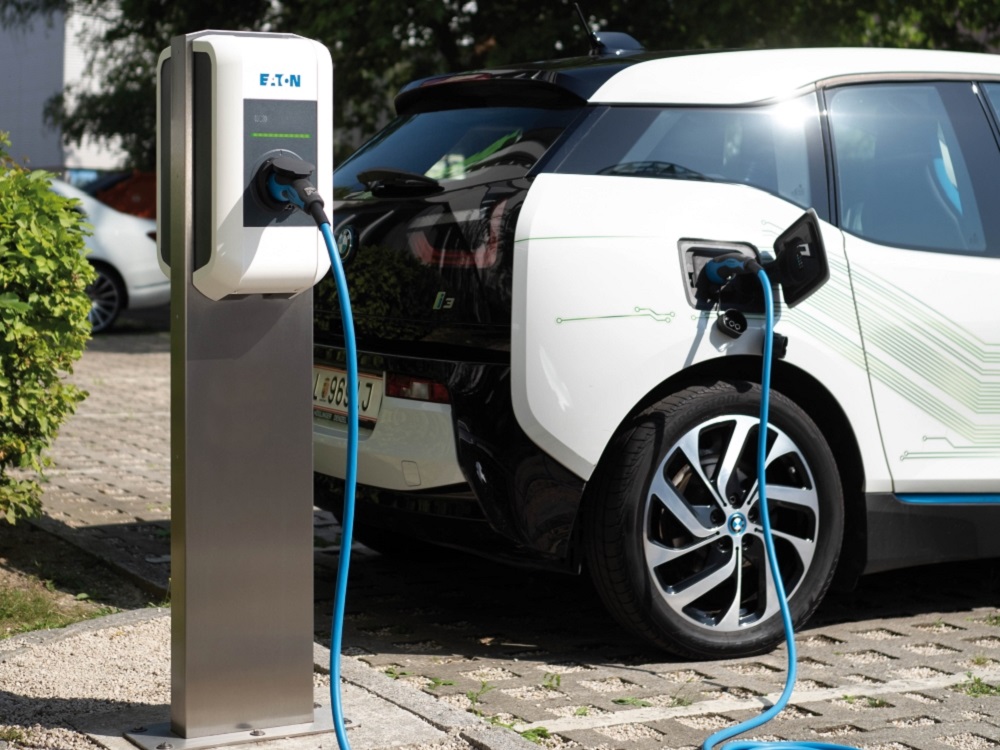Australia witnessed a historic surge in electric vehicle (EV) sales in 2023, achieving an all-time high, according to data from the Federal Chamber of Automotive Industries (FCAI). The report revealed that battery-electric vehicles constituted 7.2% of total vehicle sales, doubling the 3.1% recorded in 2022.
When hybrids and plug-in hybrids are factored in, the share of EVs in total new vehicle sales for 2023 rises to 16.2%, reflecting a significant milestone in the country’s transition to cleaner transportation.
See also: Australia Mandates Stringent Standards for New EV Charging Stations
The data underscores a notable shift in consumer preferences, with Australians increasingly embracing electric vehicles. The current centre-left Labor government, which assumed power in 2022, has played a pivotal role in driving this change, introducing a national EV strategy and allocating substantial funds for clean transport initiatives.
Despite this positive trend, the majority of Australians continue to favor emissions-intensive vehicles, particularly sports utility vehicles (SUVs) and light commercial vehicles, which constituted 78.4% of all new vehicle sales in 2023. The Ford Ranger and Toyota Hi-Lux, the two most popular vehicles, collectively accounting for a tenth of all sales, are known for emitting higher levels of carbon dioxide than the average.
Australia’s commitment to reducing emissions by 43% by 2030 is reinforced by the growing adoption of electric vehicles, addressing one of the country’s major sources of emissions—transportation. However, challenges persist, including limited EV models, charging infrastructure issues, and a preference for SUVs and emission-intensive vehicles.
See also: Australia Commits $70M in Grant Funding for EV Charging Infrastructure
Efforts to boost EV adoption in Australia have been hindered by various factors, including shortages, a limited range of models, and insufficient and occasionally unreliable charging infrastructure. Despite the recent surge in EV sales, Australia lags behind countries like the US and the UK, where EVs and plug-in hybrids constituted 7.7% and 23% of sales, respectively, in 2022, according to the International Energy Agency.
In November, Energy Minister Chris Bowen announced the impending release of fuel efficiency standards, a policy expected to encourage manufacturers to introduce more EVs to Australia, further fostering the shift towards cleaner and more sustainable transportation.

